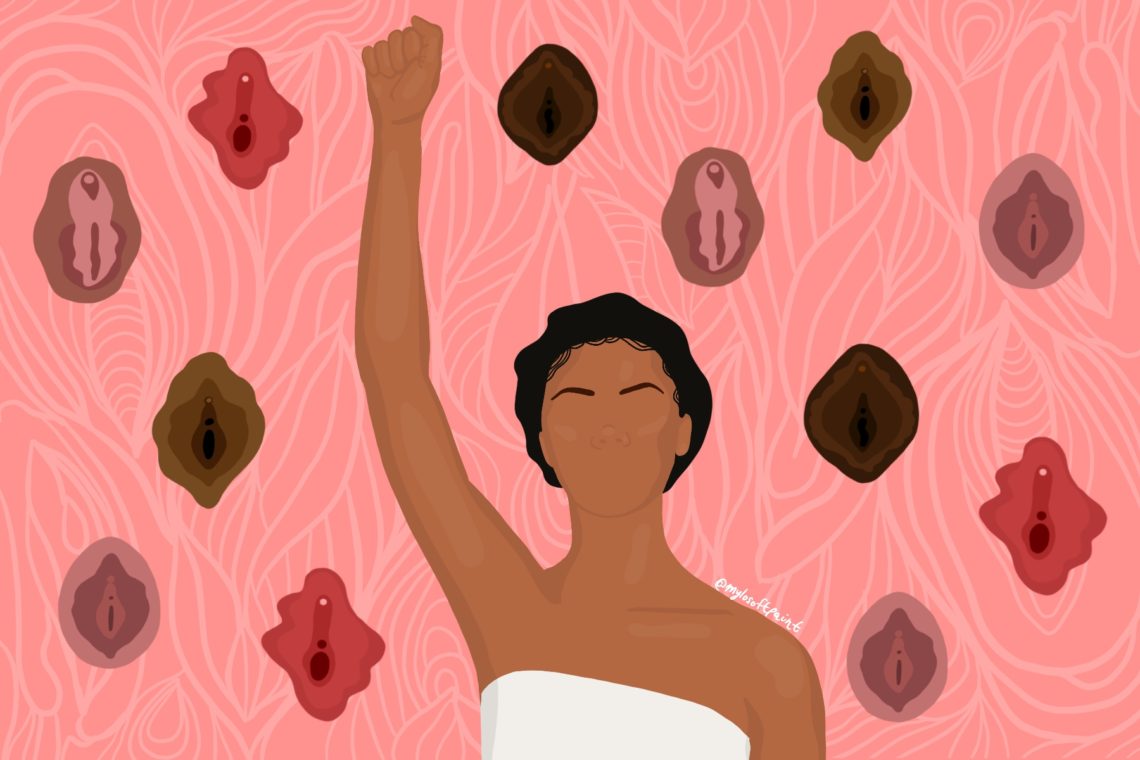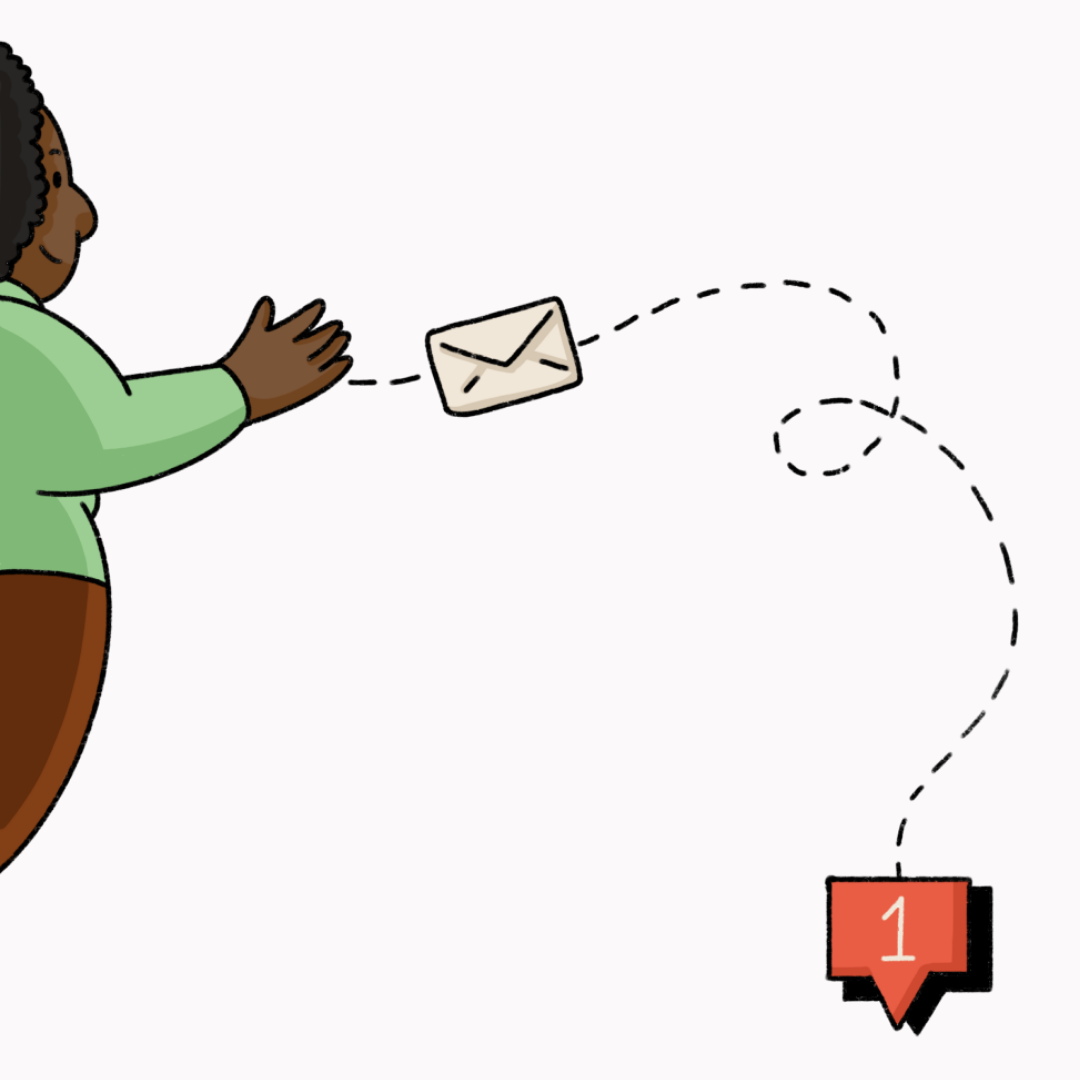Written by: Lydia Collins (she/her).
Edited by: Shelby MacGregor (she/her).
The first boy I ever “loved” saved me in his phone as ghetto booty. Before that discovery, his mom called me a jungle bunny -via text message- when she noticed me sitting quietly among peers in her home. And to his friends, and whoever else was inside the cafe that night, he referred to sex with me as gaining his “black belt.” I was in my early formative teenage years while all of this transpired. Meaning these are the experiences that my sexual foundation is created on. These are the experiences that have formed and solidified the concrete of my understanding of sexual and romantic relationships.
The first time I had sex I knew to use a condom, I had a basic understanding of consent, and although I didn’t know exactly what I liked, I knew what I wasn’t comfortable doing. This knowledge made me feel somewhat equipped to practice safer sex in relation to preventing sexually transmitted and blood-borne infections (STBBI’s) and unplanned pregnancy, yet nothing had prepared me for preventing the sexual racism I would endure, and the role that it would play in my intimate relationships.
Sexual health education in Canada often excludes anti-Blackness as a foundational harm that impacts African, Caribbean and Black (ACB) people’s sexual and romantic relationships. And many campaigns and curricula, especially around consent education, fail to acknowledge this reality.
My sexual foundation story, unforunately, is not unique, which proves the importance of sexual health education that acknowledges how our relationships to our bodies, and to intimacy, are directly impacted by anti-Black racism. ACB people need the answers to questions that impact us and are relevant to our experiences, and non-Black people need to be made aware of how they contribute to the perpetuation of racial stereotypes, upholding anti-Black beauty standards, and engaging in inequitable power dynamics in their own approaches to sex and dating, even unintentionally.
To decolonize, for me, is to adapt new ways of learning, while also retreating back to Indigenous ways of teaching, healing, and caring for each other that decenters whiteness. While decolonization can feel intimidating to understand and work towards, it doesn’t always require major immediate changes, but rather small, meaningful actions that are attainable and can be implemented into the everydayness of our lives. Actions that are rooted in community care, and allow us to think critically about our individualistic ways of interacting with those around us not only in the context of sexual health, but at large.
We should be having more nuanced conversations about what safer sex looks like, beyond physical protective barrier methods. For example, fetishization affects one’s ability to consent. If I knew I was being reduced to a “black belt” that would have certainly been taken into consideration before deciding whether or not to engage sexually with that person.
Let’s talk about how war impacts power dynamics between the occupier and the occupied, which ultimately dismisses one’s ability to consent. Or how Black kids are bombarded with hypersexualization and adultification, having their youth constantly disrupted by social perspectives of them being sexual objects rather than children. Or how our racial and cultural identities can make our relationship to sexual and gender-based violence complex. Or how anti-Blackness often impedes our ability to come forward with our stories out of fear.
Decolonial sexual health education translates to culturally competent, intersectional, inclusive and holistic approaches to sexual health and care. It translates to moving past the idea that white, western ideals of sex and sexuality are the default, and instead, validates the experiences, practices, and knowledge from those who are most affected by poor sexual health outcomes. It prioritizes populations who are feeling the impacts of systemic oppression in their everyday lives, and whose social status and identity forces them to encounter barriers to accessing education and care, which often impedes their ability to facilitate safer sex.
We can no longer pretend that race and racism do not directly invade racialized people’s romantic and sexual lives, and to continue reproducing sexual health education that is colour blind, is to actively erase African, Caribbean and Black communities from conversations, resources, and opportunities that our health depends on.



